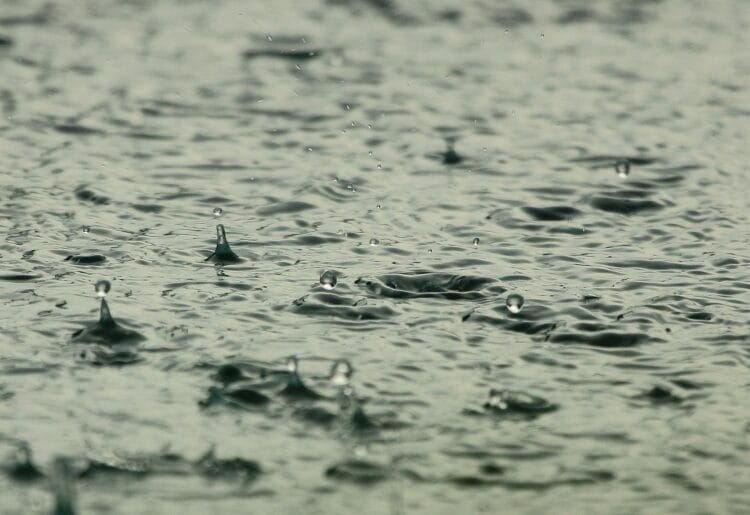WITH another week of torrential downpours, flood warnings and roads exposed to potholes, many of us are wondering when was the last time Reading and Wokingham had seven days without rain.
Experts from the University of Reading’s Meteorology department have been keeping records, and the past year has been the wettest for more than 20 years.
Its Atmospheric Observatory data is reported daily, and it shows it has been six months since Reading last experienced a dry week.
Dr Stephen Burt, from the Department of Meteorology, said there were eight days from January 26 through to February 2 where there were ‘traces’ of rainfall. This when there could have been a heavy dewfall, or an hour or two of light drizzle, so these were not completely dry days.
“The last week to remain completely dry was almost 6 months ago, in early October … while the last spell of 10 consecutive dry days was last June,” he said.
Between January 6 and January 29, a 14-day spell, there were two days with a trace of rain, so again not completely dry.
It was actually the heatwave between October 3 and October 10, when temperatures hit a high of 24°C on Monday, October 9, when we last had a dry spell of eight days.
The previous dry week was the eight-day period between September 2 and 9 – and you then have to go back nearly a year, to May 20 to June 10, before we have a prolonged dry period, lasting 22 days.
And the past year – which saw the River Thames reach a modern record and flooding affect outlying areas including Pangbourne – has seen rainfall exceeding the annual average.
Dr Burt said: “Notably, the 12 months to the end of February recorded 994.8 mm of rainfall – almost a metre. Our annual average is 655 mm, so this represents more than half as much again as normal or, put another way, 18 months rainfall in 12 months.
“There has been only one wetter 12-month period on the university’s rainfall records, which go back to 1901, namely the 12 months commencing April 2000, which recorded 1002.4 mm.
“This is in contrast to the very dry weather we saw just a few months previously – the 12 month total starting September 2021 amounted to just 443.9 mm, one-third less than normal and the driest 12 month spell since 1996.
“The total for the 12 months to end Feb this year is therefore well over twice as much as we had in 2021/22.”
























